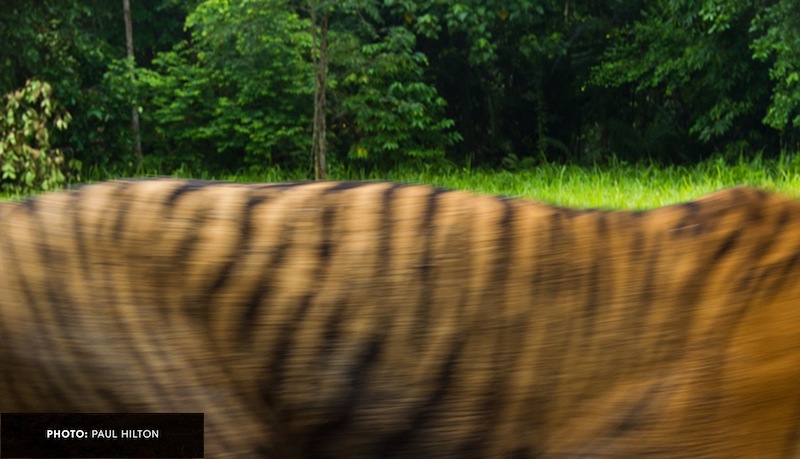The Leuser Ecosystem, one of the most important rainforests in Southeast Asia, is being destroyed for massive industrial development including the expansion of palm oil plantations. Every day, important sections of this precious ecosystem are being systematically cut down, pushing rare species like Sumatran orangutans, elephants and rhinos to the brink of extinction.
Global brands like Nestlé, Mondelēz, General Mills, Kellogg’s, Mars, Hershey’s, Unilever, and PepsiCo drive the demand for palm oil that is pushing palm oil plantations into critical areas of the Leuser Ecosystem. This destruction has to stop and with your help it will.
The Leuser Ecosystem is a vast, teeming, ancient landscape on the island of Sumatra, Indonesia that covers over 6.5 million acres including lowland and mountainous rainforests and over 460,000 acres of carbon-rich peatlands. It is like nowhere else on Earth—it contains some of the world’s highest known levels of plant and animal diversity including at least 105 mammal species, 382 bird species, and 95 reptile and amphibian species.
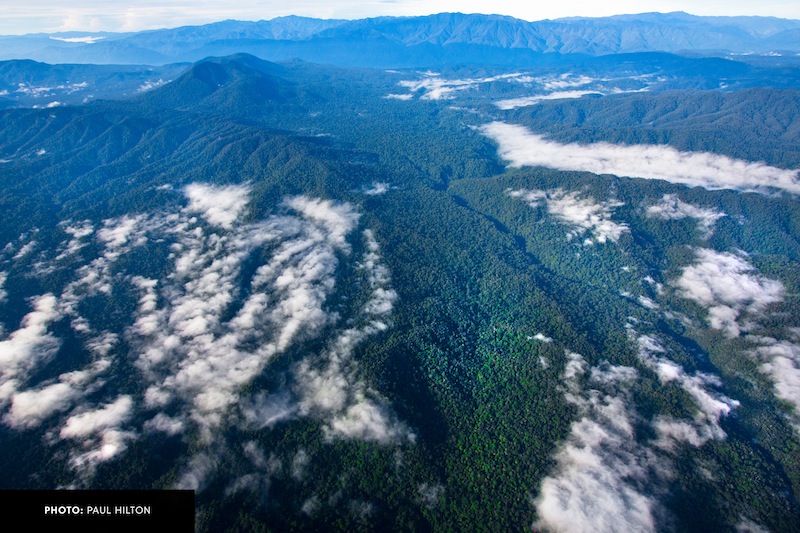

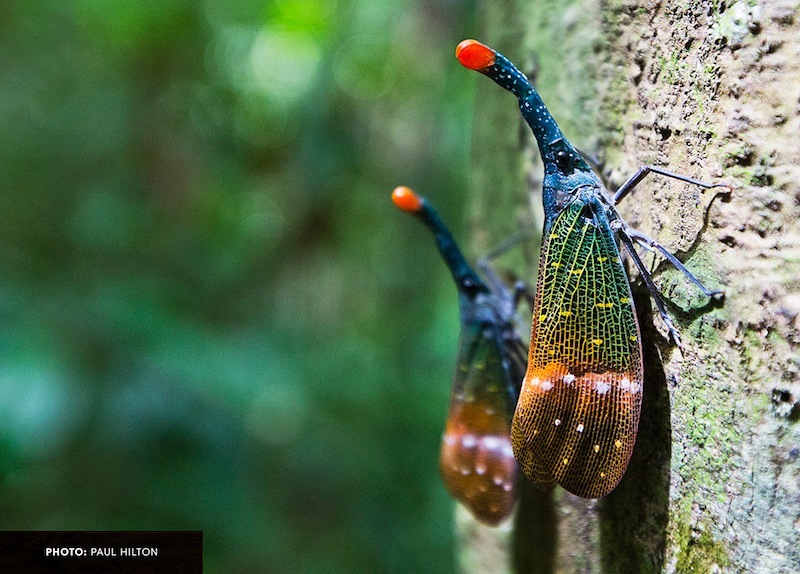
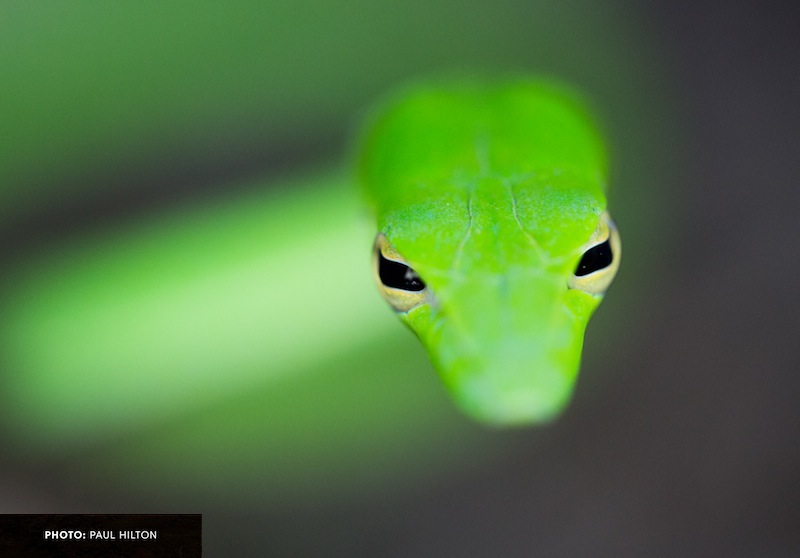
It is also home to the largest extent of intact forest landscapes remaining in Sumatra. Scientists and conservationists consider the Leuser Ecosystem to be among the most important forests left in Southeast Asia, particularly because it is the last place in the region of sufficient size and quality to support viable populations of rare species like Sumatran tigers, orangutans, rhinos, elephants, clouded leopards and sun bears. The Leuser Ecosystem is in fact the last place on Earth where all these species can still be found together.

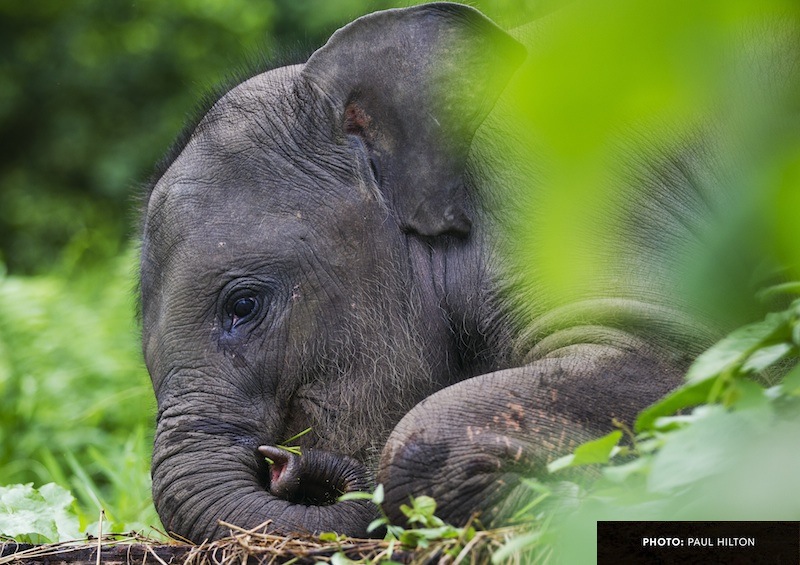
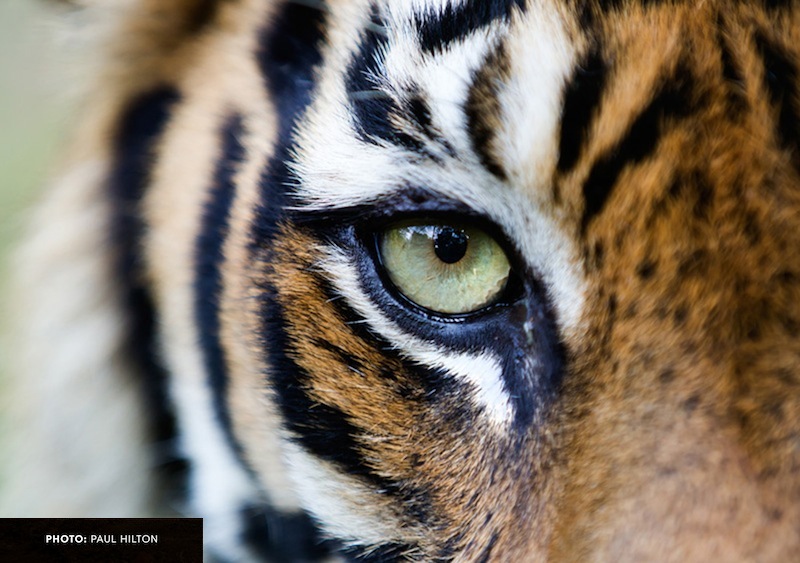
The forests of the Leuser Ecosystem provide a steady, clean water supply to millions of people living in Aceh, a province home to a diverse range of rural communities—many of whom have lived in the region for generations and depend on the ecosystem for their food and their livelihoods.
The region also plays a critical role in regulating the global climate by storing massive amounts of carbon in its peatlands and standing forests.
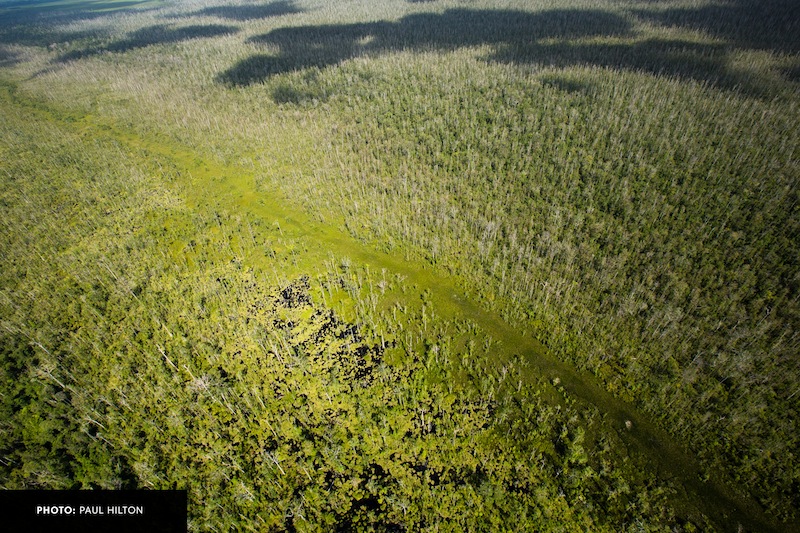
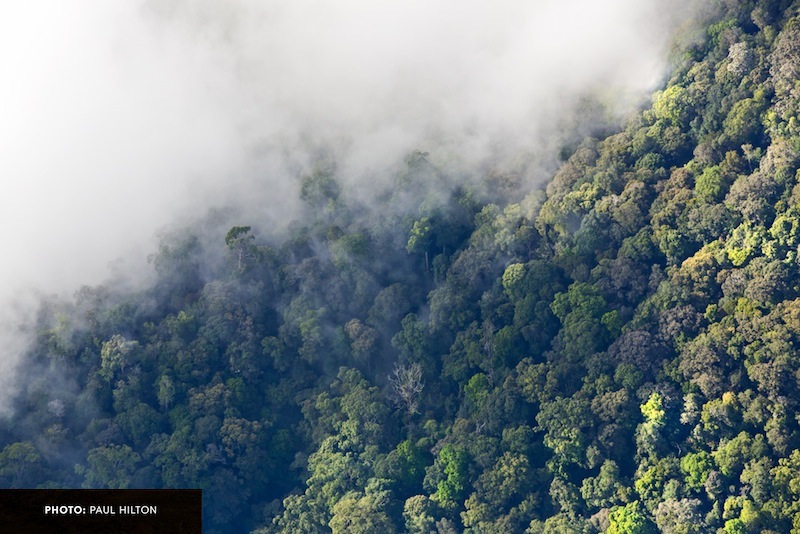
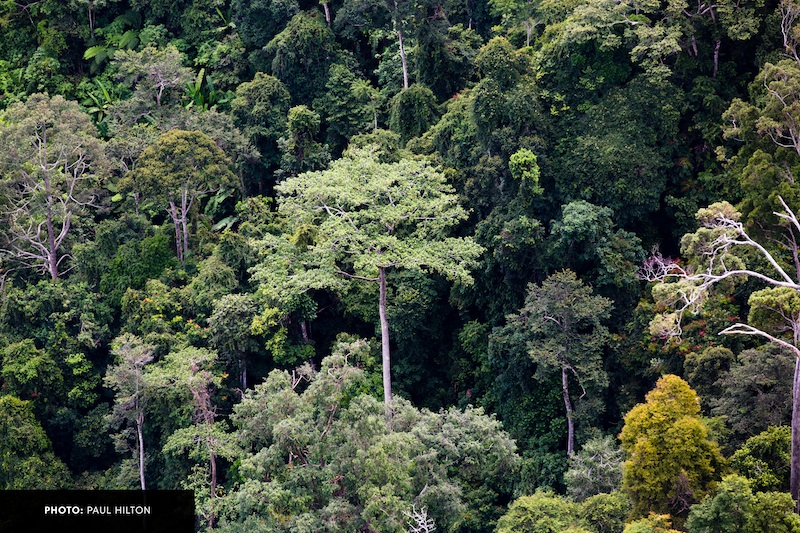
Today, the Leuser Ecosystem exists at a tenuous crossroads. Despite being protected under Indonesian national law, the Leuser Ecosystem is under siege from palm oil plantations and multiple other development plans.
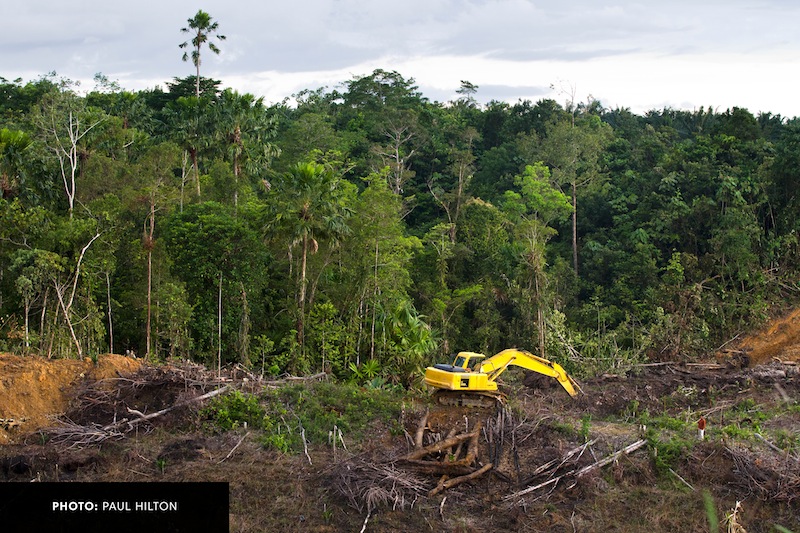
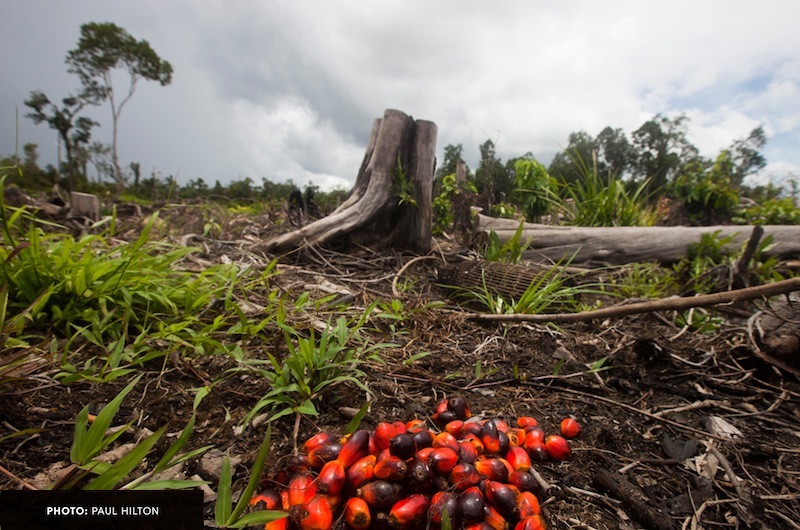
The major snack food brands have a role to play in securing the protection of the Leuser Ecosystem. These corporate giants need to step up their supply chain implementation efforts, including investments in solutions that deliver the protection of the Leuser and ensure that their suppliers are not sourcing from the bad actors responsible for its destruction.
These big brands and their palm oil suppliers Golden Agri-Resources, Wilmar, and Musim Mas, must also work alongside governments to enforce a moratorium on forest clearance in existing palm oil plantations. A failure to support initiatives to halt the destruction of the Leuser will be a breach of the commitments that many of these corporations have made to cut Conflict Palm Oil.
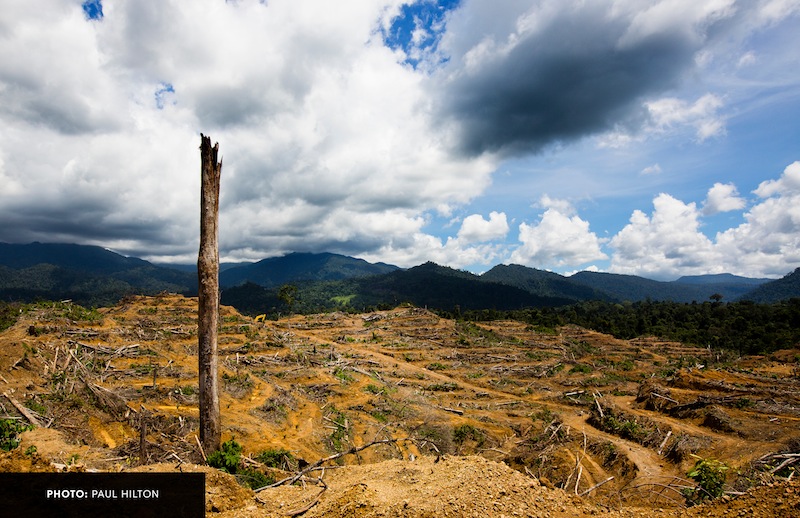
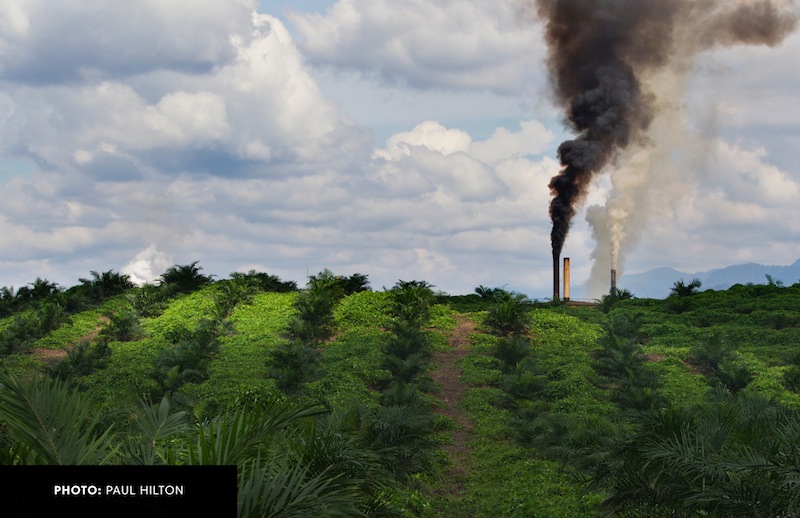
The Leuser Ecosystem must be protected for future generations.
